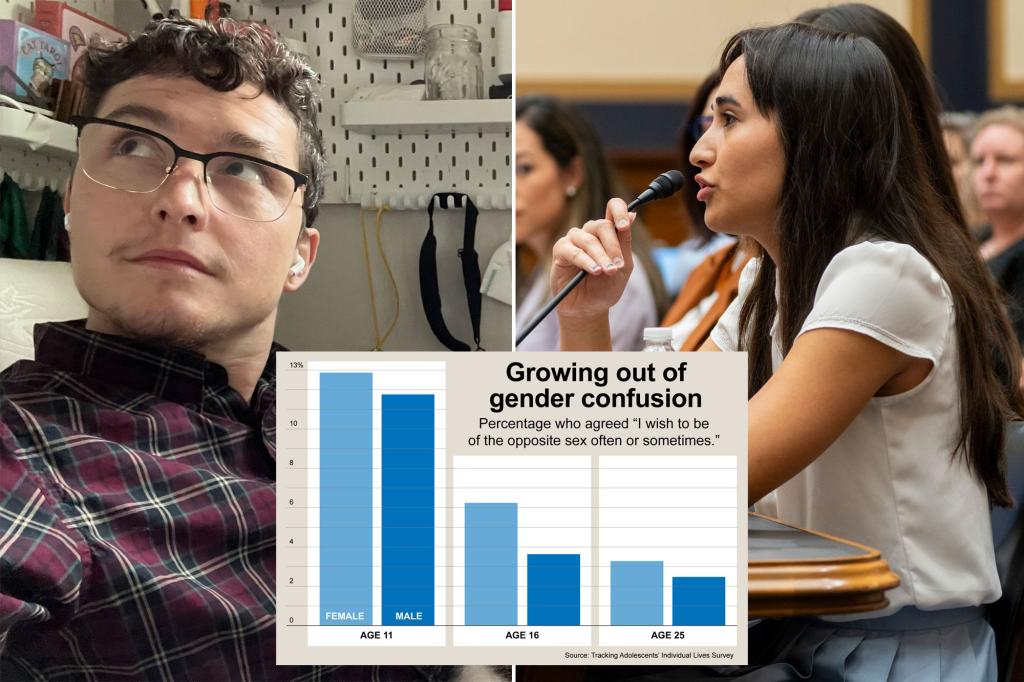A recent study in the Netherlands, as well as a ban on puberty blockers in England, has garnered support from detransitioners—individuals who have reverted back to their birth sex after transitioning as teenagers. The study in the Netherlands found that gender dysphoria, or a desire to be the opposite sex, tends to diminish significantly between adolescence and early adulthood. This research tracked 2,700 children over 15 years and found that the number of kids struggling with their gender decreased from 11% in early adolescence to 4% by age 26.
Clinical psychologist Dr. Erica Anderson, who works with gender nonconforming children, supports the findings of the study and believes that caution should be exercised in the medicalization of transgender youth. Detransitioner Airiel Salvatore also agrees with the study’s results based on his own experience and observations of his transgender friends. He feels that Europe is ahead of the United States when it comes to recognizing the possibility that many gender-questioning kids may end up comfortable with their birth gender.
In the United States, detransitioners like Chloe Cole feel that the medicalization of trans youth has been a mistake and that the country is falling behind in limiting medical interventions. While some states have moved to limit medical care for transgender youth, it is still a divisive issue in the U.S. Meanwhile, England and several other European countries have taken steps to curtail medical interventions for gender-confused youth. The NHS in England recently halted puberty blockers for children following a review by researcher Dr. Hilary Cass, who emphasized the importance of addressing wider mental health and psychosocial challenges.
British psychoanalyst Marcus Evans, who resigned from his position over concerns about the medicalization of trans youth, believes that politics have influenced the push for medical interventions in gender-confused kids. Detransitioners and experts agree that the recent revelations from Europe are sparking a re-evaluation in the United States. They believe that a shift is occurring in recognizing the importance of considering the long-term implications of medical interventions, especially in children. The hope is that these findings will lead to a more cautious and thoughtful approach to treating transgender youth in the future.













